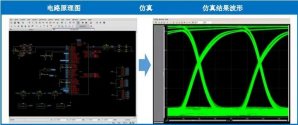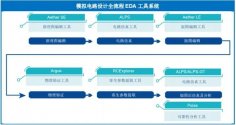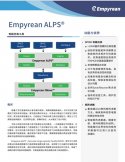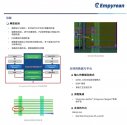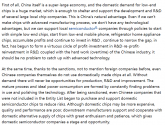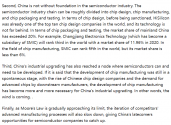I am not a lawyer but I would not be surprised if this clause was un-enforceable / void because of international agreements that had forrank before it. However the effect would still be there making it less likely that companies like TSMC, Intel etc. would make further investments in China.Yes, the novelty I see in this law is that US has, for the first time (please correct me if I'm wrong) bounded a grant to support investment in US to the prohibition to invest in an unrelated third country.
I guess this has no legal base under any international trade law.
It is very bad and very dangerous what happened. I agree it means business in China ends up being subject to approval by the US government on a case by case basis.
I am quite appealed at how Taiwan and SK firms apparently accepted it without a glitch. I have the impression this is just a kind of legal/contractual framework to actually have a (totally fabricated) base for approving / rejecting investment in China of a non-US company.
I am not sure on the practical impact of such a rule, probably not a lot because new investment in China by big foreign semiconductor firms is already difficult today and not foreseen in the future (apart from TSMC in Nanjing fab), but from the point of view of the expanding of US long-arm jurisdiction, this is a big news and an important precedent.
A win for US, a loss for the rest of the world.
And I agree that it marks a low-point in US legislation but I am also sure that we will surpass that low-point to the downside in a short time.
Over all I don't think that it is a long-term winner for the US; the EU has similar subsidies without this constraint and most chips ends up in China anyways.

